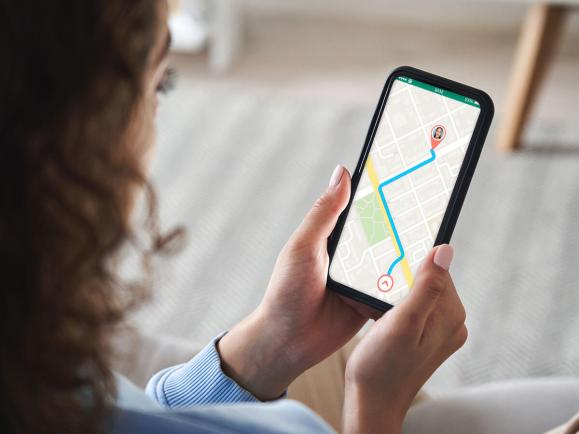
Many teenagers are opting for their parents to have their location for tracking and monitoring their movements, according to a new survey by Life360. Teenagers used to be hesitant for their parents to track their phones, but with social media and real-time news being available at all times, many young people have heightened anxiety. Downloads of the Life360 app have doubled in the U.S. since 2021, with the app having over 33 million monthly active users. Many teens also share their location using Apple's Find My, Snapchat's Snap Map and GPS smartwatches.
Emery Littig is a high-school student in Iowa who believes it is very important for her to share her location with her parents at all times. One of her biggest fears is being abducted, and it provides her peace of mind knowing that her parents always have her location. “If something happened to me, I think it would be useful for my parents to know my last location,” she told The Wall Street Journal. Littig shared that there was a yearbook survey at her school last year that showed more than half of the 1,500 students at her school use the Life360 app.
According to the U.S. Surgeon General, mental health has reached a crisis level with Gen Z. The U.S. Preventive Services Task Force is now recommending regular anxiety checks for children 8-years-old and older. “Kids have so much access on so many different platforms to every ounce of news, whether it’s happening locally or across the world,” says Emery’s mom, Shelby Littig. “To have news constantly in your face, on your phone and tablet and TV, would make anyone anxious.”
Larken Hendricks, a high-school student from Virginia shared that she began sharing her location with her parents when she started driving. She also said that she likes having her location shared when she's hanging out in her hometown of Charlottesville, home on the University of Virginia. “Being a young woman in a college town brings its own set of concerns,” she says.
Although sharing location will not protect teenagers from danger, it provides comfort for anxious minds. “It offers the psychological comfort of feeling connected,” says Pamela Rutledge, director of the Media Psychology Research Center, an independent research organization. “When you feel safer, you can relax and have a better time.”

